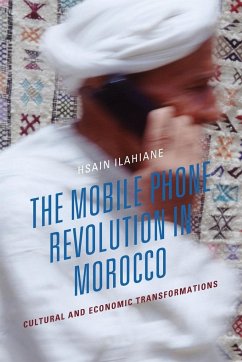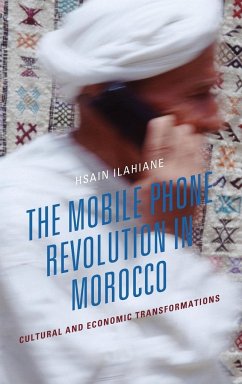
Reading and Writing in the Global Workplace
Gender, Literacy, and Outsourcing in Ghana
Versandkostenfrei!
Versandfertig in 1-2 Wochen
110,99 €
inkl. MwSt.
Weitere Ausgaben:

PAYBACK Punkte
55 °P sammeln!
Reading and Writing in the Global Workplace: Gender, Literacy, and Outsourcing in Ghana by Beatrice Quarshie Smithexplores the conditions that underlie the outsourcing of US data-processing work in Ghana. Quarshie Smith describes the convergence and interplay of different socio-economic forces, conducting a comparative study of two distinctly different workplaces to reveal significant insights about problems of organizational hierarchy and management-employee relations in the cross-cultural environments of out-sourced business and IT process work.













